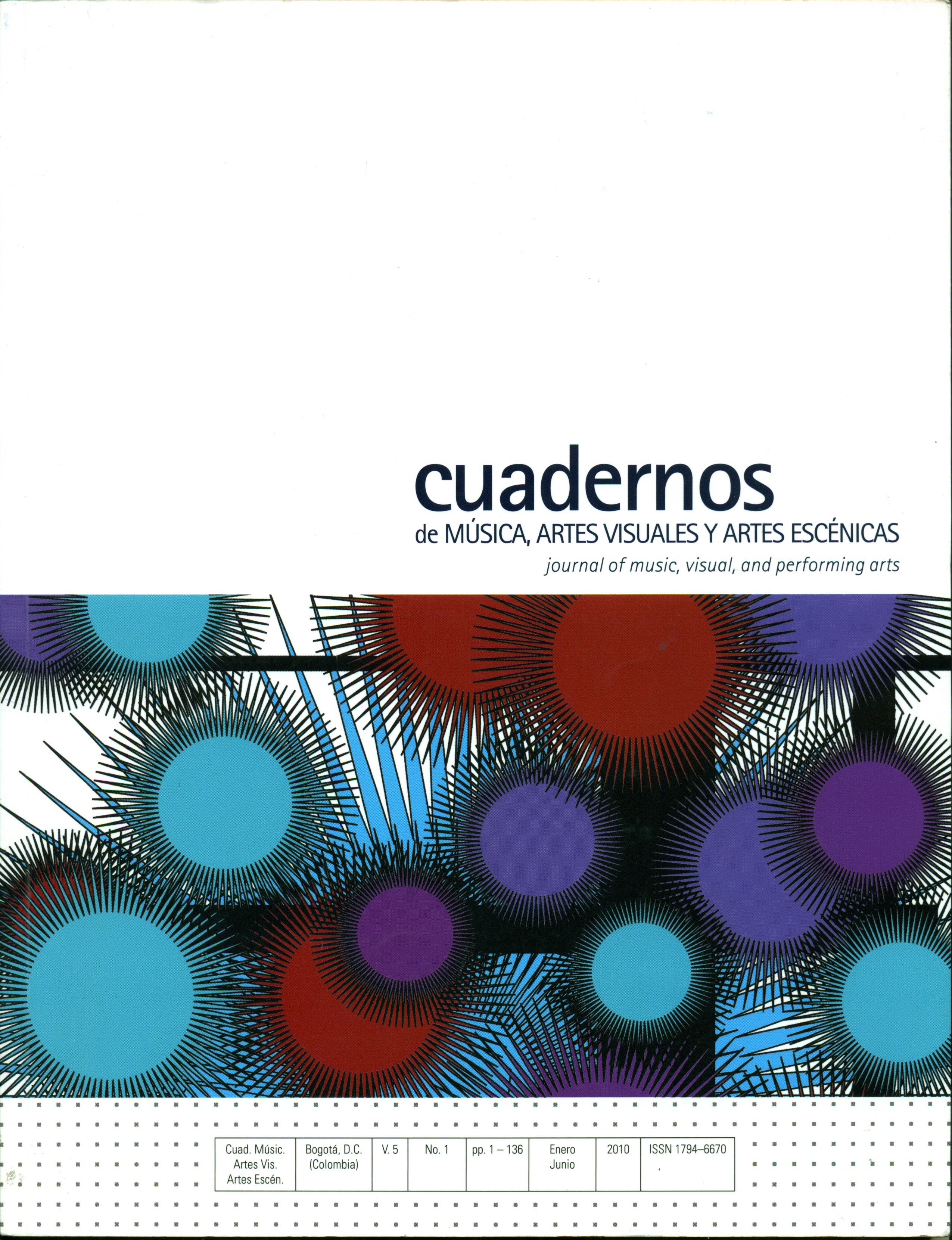Abstract
La Constitución Política de Colombia, reformada en 1991, explicita la noción de patrimonio como“bien constitutivo de la identidad nacional”. Así, la articulación de una política cultural con la Ley397 de 1997, trata a la institución museal y fomenta un nuevo impulso en la configuración deeste establecimiento público en Colombia. Comprender la problemática del museo colombianocontemporáneo comenzaría con el estudio de su ethos histórico. Por ello, el objeto de la investigaciónrealizada se vuelve hacia los orígenes de la creación de la primera institución museal delpaís: el Museo de Historia Natural de Bogotá. Este museo, fundado en 1823, antecede en sucreación al Museo Nacional de Colombia. Se argumenta que dicho establecimiento se vislumbracomo una institución museal posrevolucionaria, creada por voluntad estatal, forjada con la experienciade personal científico francés y con el propósito de favorecer el progreso de la nación.Los elementos metodológicos que componen esta investigación histórica en una primera faseacadémica, son presentados en el texto.This journal is registered under a Creative Commons Attribution 4.0 International Public License. Thus, this work may be reproduced, distributed, and publicly shared in digital format, as long as the names of the authors and Pontificia Universidad Javeriana are acknowledged. Others are allowed to quote, adapt, transform, auto-archive, republish, and create based on this material, for any purpose, provided the authorship is duly acknowledged, a link to the original work is provided, and it is specified if changes have been made. Pontificia Universidad Javeriana does not hold the rights of published works and the authors are solely responsible for the contents of their works; they keep the moral, intellectual, privacy, and publicity rights.
Approving the intervention of the work (review, copy-editing, translation, layout) and the following outreach, are granted through an use license and not through an assignment of rights. This means the journal and Pontificia Universidad Javeriana cannot be held responsible for any ethical malpractice by the authors. As a consequence of the protection granted by the use license, the journal is able to publish retractions or to correct information already published. Publishing contents in this journal does not generate royalties for contributors.


